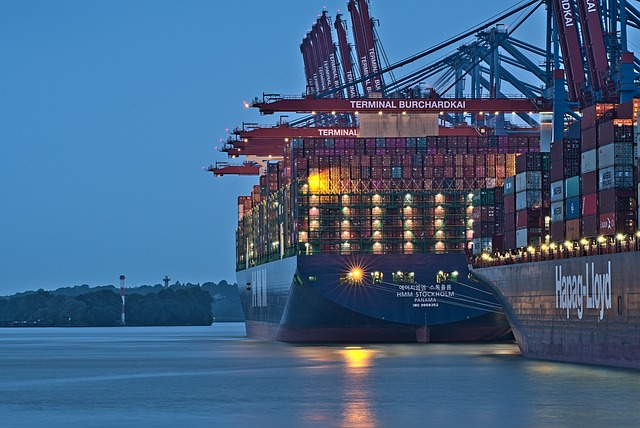
The demand for efficient domestic logistics, air freight, and shipping services in Malaysia has steadily increased in the rapidly evolving global market. As businesses expand their operations and reach international markets, reliable transportation and supply chain solutions have become paramount. This article explores the crucial role of Malaysia’s domestic logistics, air freight, and shipping services, highlighting their benefits to businesses and the economy.
1. Domestic Logistics Services in Malaysia
Domestic logistics services are pivotal in ensuring the smooth movement of goods and products within Malaysia’s borders. With its diverse landscapes and extensive road networks, Malaysia requires an efficient logistics infrastructure to cater to the diverse needs of businesses. Domestic logistics providers offer various services, including warehousing, inventory management, distribution, and last-mile delivery.
These services enhance the supply chain’s efficiency, leading to faster delivery times and reduced operational costs. By partnering with reliable domestic logistics providers, businesses can optimise their operations, focus on their core competencies, and better meet customer demands.
2. Air Freight Services in Malaysia (Keyword: Air Freight Services)
As international trade grows, air freight services have become indispensable for businesses seeking timely and secure transportation of goods across borders. Malaysia’s strategic geographical location in the heart of Southeast Asia has made it a vital air cargo hub connecting major global destinations.
Air freight services offer numerous advantages like speed, reliability, and flexibility. Air transportation greatly benefits perishable goods, high-value items, and time-sensitive shipments. Additionally, air freight services contribute significantly to the growth of Malaysia’s economy by facilitating trade and attracting foreign investments.
3. Shipping Services in Malaysia
Malaysia’s extensive coastline and well-developed ports have made shipping services crucial to its international trade infrastructure. The country boasts several significant seaports, including Port Klang, Port of Tanjung Pelepas, and Port of Penang, which handle substantial container traffic and facilitate global trade.
Shipping services in Malaysia offer businesses cost-effective solutions for transporting large quantities of goods over long distances. Container shipping, in particular, has revolutionised the logistics industry, enabling standardised cargo handling and easy intermodal transfers.
4. Integrating Services for Comprehensive Supply Chain Solutions
Malaysia’s most successful businesses leverage domestic logistics, air freight, and shipping services to optimise their supply chains. By integrating these services, companies can create a seamless end-to-end solution that covers the entire logistics process, from initial transportation to final delivery.
Integrating services also allows businesses to respond more effectively to dynamic market demands and unexpected disruptions. For instance, during peak seasons or emergencies, companies can quickly shift from one mode of transportation to another, ensuring operations continuity and customer satisfaction.
5. Selecting the Right Service Providers
Choosing the proper logistics and transportation partners is critical to the success of any business. To ensure a smooth and efficient supply chain, companies in Malaysia should consider the following factors when selecting service providers:
- Reputation and Track Record: Opt for providers with a proven track record of reliability and excellent service. Check for reviews and testimonials from previous clients.
- Network and Reach: Evaluate the provider’s network and coverage to ensure they can meet your specific transportation needs within Malaysia and beyond.
- Technology and Innovation: Look for providers who invest in advanced technologies and innovative solutions to streamline processes and enhance efficiency.
- Compliance and Safety: Ensure the selected service providers comply with all necessary regulations and prioritise safety.
Conclusion
In conclusion, the growth and success of businesses in Malaysia depend heavily on the efficiency and reliability of domestic logistics, air freight, and shipping services. These essential services enable businesses to expand their reach in the global market and contribute significantly to Malaysia’s economic development.
By understanding the benefits of domestic logistics, air freight, and shipping services in Malaysia, businesses can make informed decisions and establish strategic partnerships with service providers. Embracing an integrated approach to logistics and transportation, companies can enhance their competitiveness, provide exceptional customer experiences, and thrive in today’s dynamic business landscape.
